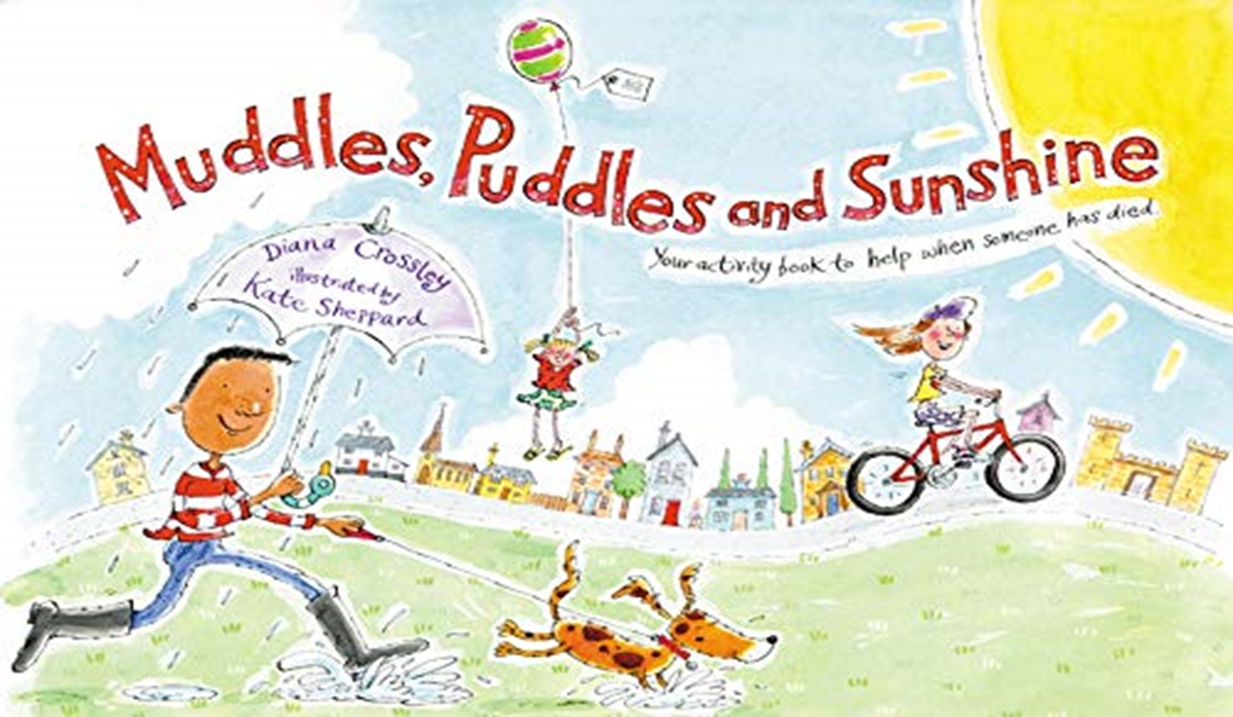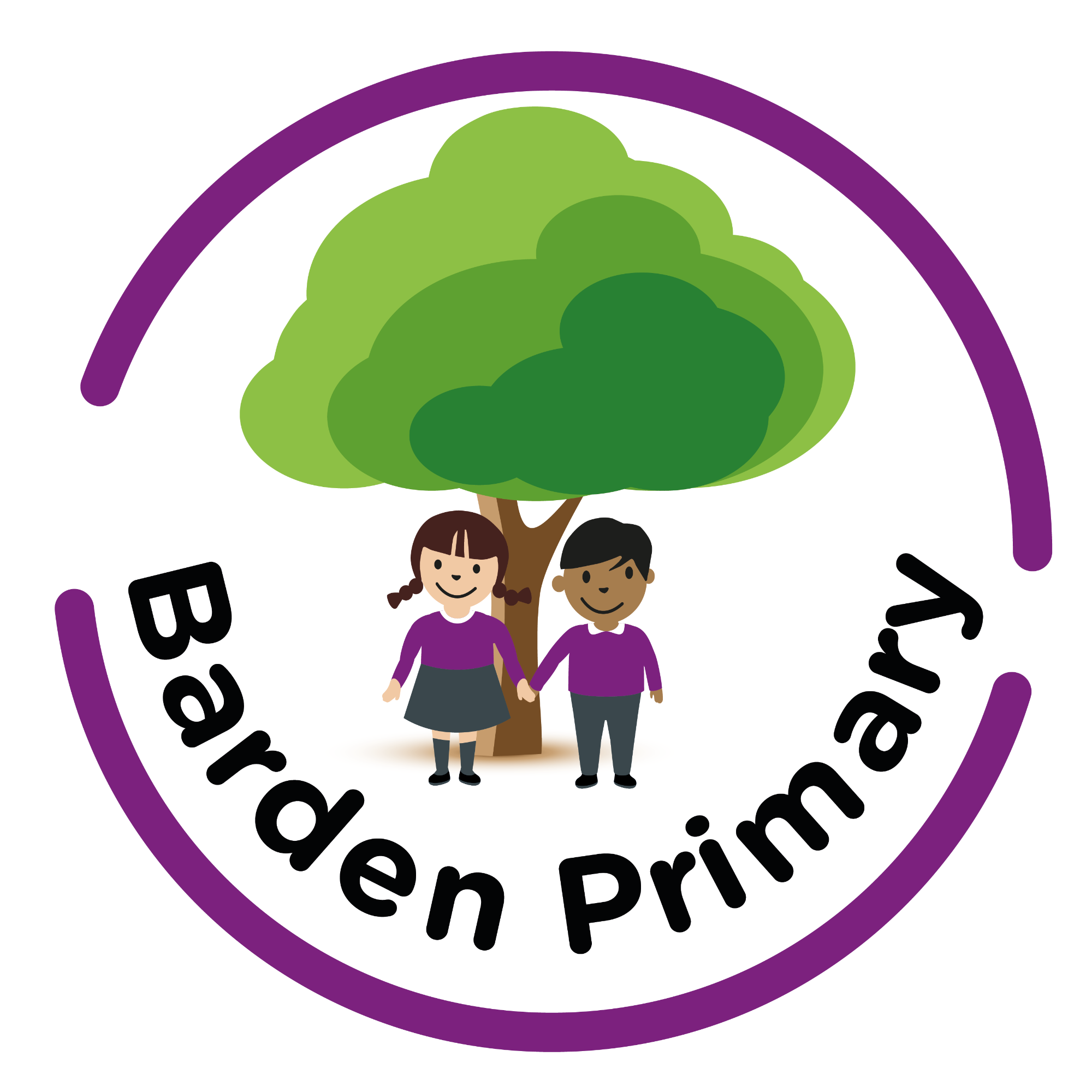Welcome to the Pastoral pages of Barden Primary School's website. We hope you find the section useful and informative.
The Pastoral Team is made up of Mr Dowling (Mr D)and Mrs Green. In school, the team has several functions. We support the social and emotional development of children, and we also support parents in various areas (please see the Early Help Offer page for further details).
The team has an open-door policy, and we endeavour to help where we can. Sometimes we may need to signpost parents to other services. We are non-judgemental and good listeners, so please come in and see us if you need any help. Our pastoral drop-in is on Tuesday morning between 0845 and 0945 - no need to book.
•100 children are bereaved every day.
•6 weeks + intervention depending on the child.
•Child completes Muddles, Puddles and Sunshine workbook.
•The Bee leads the intervention. The book is a keepsake.
•Practical and sensitive support for children experiencing loss.
Drawing and Talking – Attachment Therapy
•This intervention is suitable for children who have experienced early trauma therapy. It runs for 12 weeks.
•Totally child lead.
•Containment/safety vital aspect.
•Drawings are a start point to discussion.
•Child communicates emotions through non-directed techniques.
•Strong bond created between child and adult.
Anxiety – Starving the Anxiety Gremlin
•A cognitive behavioural therapy workbook.
•This book outlines all types of anxiety. It explains what anxiety is, how it occurs and how they can manage their thoughts, feelings and behaviour using simple and interesting activities. The questions often relate to a story about a young person who has anxiety. It is also a great resource if your child is currently going through therapy as it can be used in between sessions.
•Go at the pace of the child.
Mighty Moe - an anxiety workbook.
•This book includes a story which explains in an aged-appropriate way what anxiety is and how it affects one’s life, and a workbook which provides a child with various techniques how to relax, think positively and solve problems.
Again, we work through at the pace of the child.
Messy Crew
This intervention is for younger children who may have missed out on very early learning experiences.
•Totally child lead activities (minimal boundaries). 8 weeks for children.
•Group activities including making;
•Smoothies, play dough, gloop, painting, noise and movement, slimes and magic potions.
This intervention runs for 8 weeks.
Lego Therapy
•Lego therapy is a social development program for autistic children and other children with social communication difficulties. It uses children's love of Lego play, as well as their strengths and interests, to develop communication and social skills.
•It’s an ideal tool for developing children’s social, communication and language skills, cognitive skills, fine motor skills, and their emotional and behavioural responses.
•It also helps to improve and develop:
•Self-esteem
•Self-calming strategies
•Cooperative skills and ability to work in a team.
Emotional Literacy
•Emotional literacy is the ability to express our emotions and feelings using speech and other forms of communication. It's an important skill that children must develop from a young age to help establish a stable relationship with their own emotions.
•This is delivered to children who find it hard to describe/acknowledge or understand their feelings. It is usually delivered to children who have missed out on early nuture experiences or who have witness some trauma.
Freedom for Kids – Healthy Relationships
•This is a 10-week programme delivered by 2 external partners.
•Supports children who have experienced toxic relationships at home. Domestic abuse and/or coercive control.
•Enables children to distinguish between unhealthy and healthy relationships.
Social Stories
•A social story is a written narrative with accompanying pictures, made to illustrate certain situations, problems and challenges, and how children can deal with them. They help children (and adults) with anxieties, to understand social norms and learn how to communicate with others appropriately.
•Social stories contain information that we often take for granted and assume someone knows: for example, how to have a bath.
•The person who writes the social story – whether that’s a parent, teacher or other caregiver – is known as the author, while the person who receives it is the audience.
•Can be written with the child being supported.
Play Therapy and Creative Play
•Play therapy uses play as a way of helping people understand and express their thoughts and feelings.
•It’s mainly used with children who may not be able to put how they are feeling into words. Play therapy helps them to communicate at their own level using everyday play things. This can help them learn to cope with what they’re going through, to develop and to build relationships with others.
•There are many different ways of using play in therapy – for example playing musical instruments, books, sand trays, arts and crafts, messy play. It can also include role play, where children might dress up or play out difficult experiences with small figures, soft toys or puppets.
•They can explore their emotions and ‘practise’ how they respond and behave in the safety of a therapy room and with the support of a therapist. Then they can use the skills they’ve learnt outside the therapy room.
Other Interventions
Time to Talk
•This is an intervention which enables children to talk about their worries and concerns.
•Time to Talk builds confidence, self-esteem, coping skills and resilience. It also aids self-awareness and self-identity.

